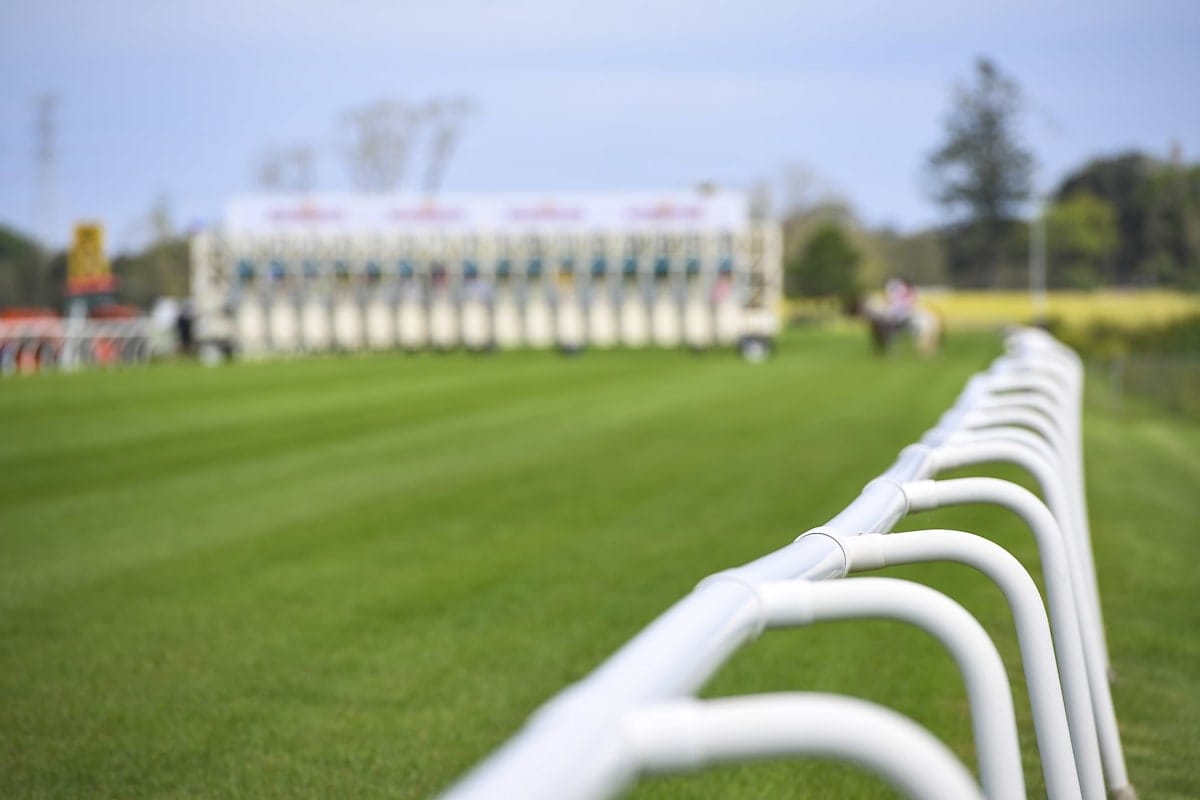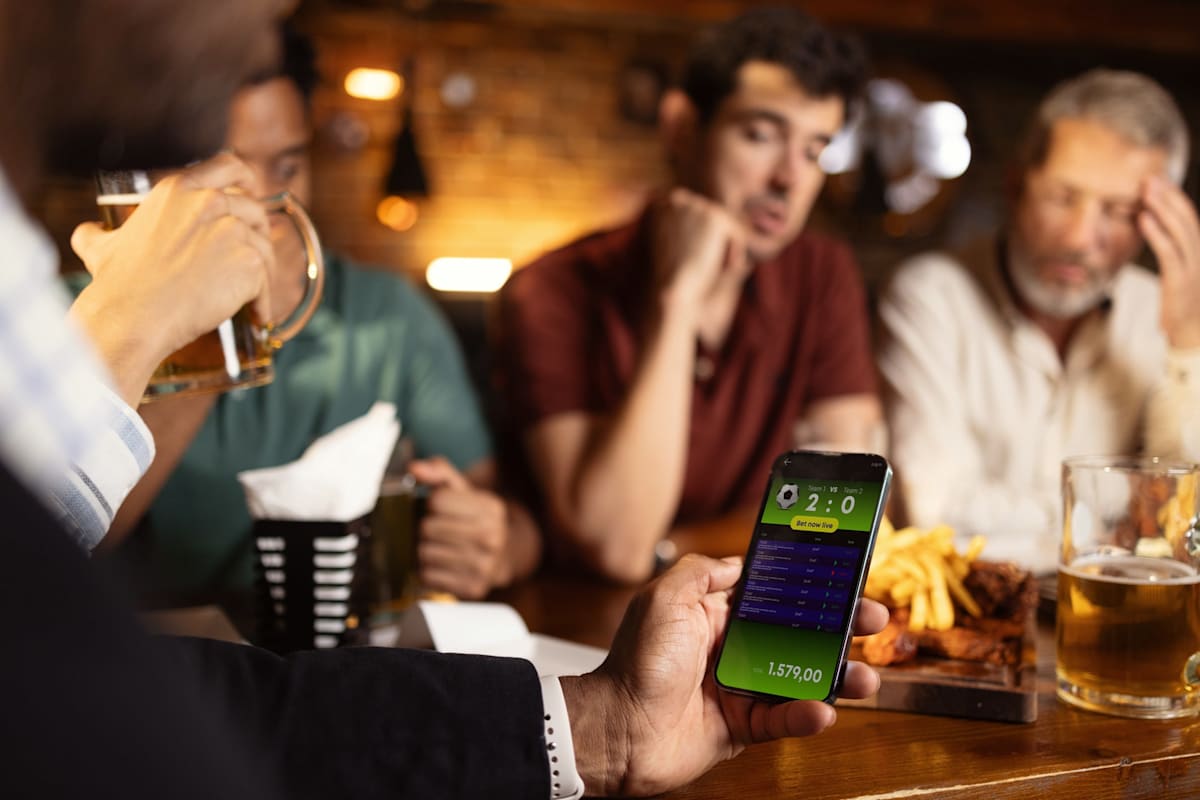
Four Corners has once again turned its eye to Australia’s gambling businesses. This time, it took a hard look at how wagering operators carry out their business.
More interestingly, it investigates the bodies that are supposed to regulate them, notably the Northern Territory Racing and Wagering Commission (NTRWC).
We’ve known for some time that wagering operators utilise “inducements” to keep their customers engaged, and continuing to bet. These can include “free money” – such as matched deposits or simply large amounts made available in a punter’s wagering account – premium access to sporting events or big race meetings, or simply via a VIP manager “befriending” the punter, and keeping in touch regularly.
These inducements are lawful, if a person has an account with the wagering company. They can’t be made available to induce someone to start an account, but once you’ve signed up, it’s open slather.
Big events, bigger losses
This is one reason why wagering operators – bookies, to be blunt – sponsor and run big promotions around major events, such as grand finals, international tournaments, and big race meetings.
Someone may sign up for the opportunity to conveniently put a bet on for the Melbourne Cup, or indeed the World Cup. Once signed up, the inducements can start. Especially if they reliably lose, and lose big.
Recent prominent cases in the media have highlighted how the bookies utilise inducements to keep their punters hooked.
Two recently-aired cases, where sums of more than $4 million have been embezzled and then gambled away, illustrate that the bookies generally don’t care where their punters get their money from, if it ends up in their coffers.
The punter ends up in jail, and those whose money was stolen end up with nothing. The bookies? They keep the proceeds.
The myth of ‘responsible gambling‘
In Australia, as in many other countries, this is a byproduct of the so-called “responsible gambling” mantra. This, simply stated, argues that despite the highly addictive nature of gambling products, and often irresponsible actions of gambling operators, the fault lies with the punter.
Thus, where harm occurs, the operators wash their hands of it.
Read more: The ‘responsible gambling’ mantra does nothing to prevent harm. It probably makes things worse
The spectacular losses that Four Corners and other media have highlighted are, of course, the tip of the iceberg. Many more people experience severe harm from gambling addiction, and most of them don’t gamble.
These include the clients of financial advisors, as Four Corners portrayed, but also spouses, children, other family members of the punter, their employers, those against whom crimes are perpetrated to fund gambling, and society generally.
These harms include loss of assets, neglect of children, intimate partner violence, separation and divorce, physical and mental health issues, crime generally and, in far too many cases, suicide.
A recent Victorian study estimated that about 4.2% of suicides in that state were gambling-related. This was conservative – the proportion is almost certainly much higher.

The price of inaction
This means society bears a huge cost for the greed and moral turpitude of the gambling industry. This is estimated to cost Victoria alone $14 billion every year. This is much more than people lose in the state, and vastly more than the government receives in taxes from gambling.
Added to this is the fragmented nature of regulation in Australia. The states reserve to themselves the regulation of terrestrial gambling.
The constitution clearly empowers the Australian government to regulate interactive gambling (that is, wagering) and they provide a legislative framework for this. But actual regulation remains mostly the province of the states and territories.
This means, in practice, that most of Australia’s online bookies are based in the Northern Territory, where taxes are low, and regulation, it seems, quite ineffective.
Read more: Pokies line the coffers of governments and venues – but there are ways to tame this gambling gorilla
Four Corners reported that the NTRWC employs no full-time staff, and has serious issues with conflict of interest. This suggests that this responsibility is not taken seriously.
The constitution forbids any restraint on trade between the states, and for this reason a bookie registered in Darwin can offer their products to anyone in Australia.
Some time ago, the states tired of this and introduced “point of consumption taxes” to recoup some of the revenue they lost from the arrangements.
But the bookies still hang on to their NT licences, not so much for the tax breaks anymore, but for the apparently carefree regulation they enjoy.
Calls for national reform
In 2023, an all-party House of Representatives committee, chaired by the late Peta Murphy, inquired into the online wagering businesses.
As a result of this, the committee made 31 unanimous recommendations. These included a phased-in prohibition on advertising for wagering services on both broadcast and social media, an end to inducements, and the establishment of a national regulator for interactive gambling.
Despite months of speculation and consultation, the Albanese government has so far produced nothing. Neither a response, draft legislation, nor indeed even a public discussion paper.
Instead, the powerful influence of the bookies and their fellow travellers within the gambling ecosystem (broadcasters and sporting leagues, bolstered by the “good causes” who benefit from gambling money), has prevailed.

Australia – the world’s biggest gamblers
We are the world’s biggest gamblers, at $1521 per adult. Half of the $32 billion lost by Australians every year goes to poker machines, ubiquitous in most states save WA. Another 30% goes to the bookies.
This is usually dismissed as an aspect of the “Australian character”, but it’s really a result of the influence of the gambling operators, which has ensured we have more opportunities to gamble than anywhere else on Earth – excepting, perhaps, Las Vegas.
Earlier this year, myself and my colleague Dr Angela Rintoul, of the University of Melbourne, sketched a six-point plan we could adopt to improve this situation.
Notably, this included establishment of a national regulator, initially for online wagering operators, and action to limit the influence of gambling operators on policymakers and public officials.
Read more: The six-point plan to ease Australia’s gambling problems – if our government has the guts
The national regulator would take the regulation of this complex, multibillion-dollar business out of the hands of the “wild west” regulation it currently enjoys (as MP Andrew Wilkie told Four Corners) and give it a regulatory basis aimed at harm prevention and effective national standards.
The limitation of industry influence means the perks and donations politicians currently receive from gambling operators would stop, hopefully allowing a little more clarity of thought on the part of the politicians who have allowed this situation to develop.
There's much more that can – and should – be done, particularly regarding poker machines. But these steps would slow the rapid growth of online wagering, the fastest-growing source of gambling losses in Australia, and, as Four Corners illustrates, an irresponsible source of immiseration and criminality.





